Community Engagement
Programs and Education for Building Connection
Finding ways to connect with your community can feel overwhelming. Community engagement helps build trust and brings people together. This blog will show you how mental health education and local events can make a big difference.
Key Takeaways
- Community engagement builds trust and connects people. It promotes teamwork, kindness, and understanding.
- CNS Healthcare educates Michigan communities about mental health through sessions on stress management, suicide prevention, and stigma reduction.
- Programs like Mental Health First Aid teach life-saving skills for spotting mental health signs and offering care.
- SafeTALK (4-hour training) and ASIST (2-day training) prepare participants to respond to suicide risks effectively. Over 120,000 take this training yearly worldwide.
- Partnerships with schools, businesses, and local groups provide workshops or aid programs that meet community needs directly while fostering strong bonds.
Community Education Around Mental Health
CNS Healthcare works to teach communities in Southeast Michigan about mental health. Staff members travel across the state and country, sharing useful information with diverse groups of people.
These sessions cover various topics like stress management, understanding mental health basics, and suicide prevention.
Their goal is to reduce stigma through their award-winning Anti-Stigma Program. You can attend these events to learn more about how mental health affects your community. Engaging in these programs builds awareness while encouraging public participation and better decision-making processes.
Understanding is the first step toward breaking down stigma.
Presentations may include, but are not limited to, the following topics:
- Family Psychoeducation
- Mental Health First Aid
- Time and Stress Management
- Mental Health 101
- Suicide Prevention; ASIST, SafeTalk
- Total Wellness/The Mind-Body Connection18
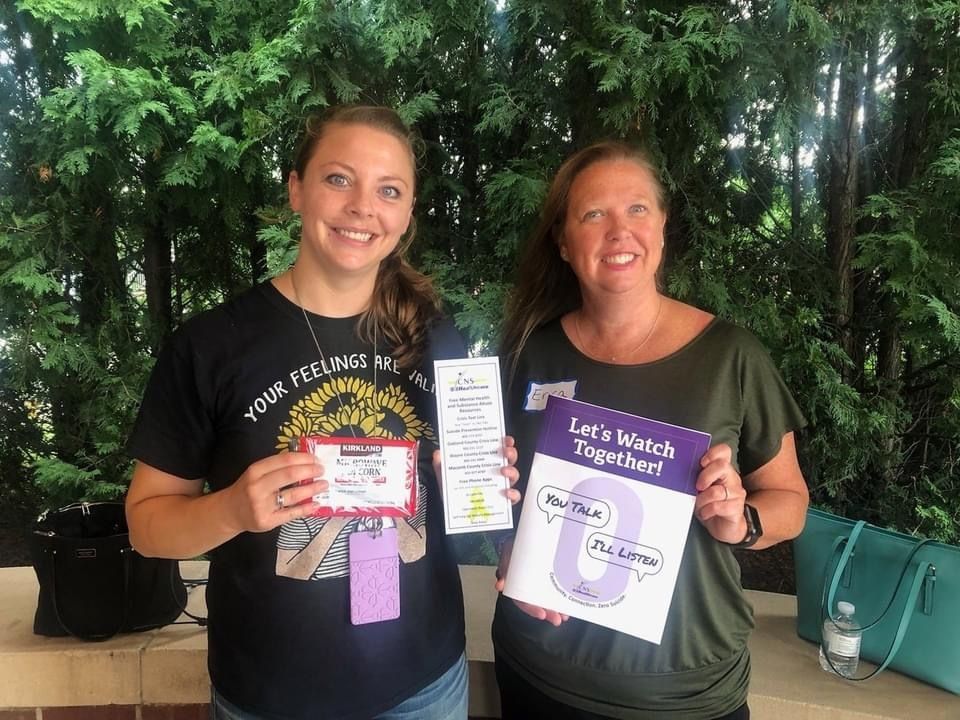
Benefits of Community Engagement
Engaging with your community builds strong bonds and trust. It fosters teamwork, creating an environment where people support one another.
Building trust and relationships
Strong relationships with community members help address mental health concerns. Trust grows when healthcare providers work hand-in-hand with local groups, leaders, and governments.
By listening to the needs of your area, public services can create better plans for support.
Trusted connections make it easier to share resources and information quickly. Long-term relationships built this way allow communities to thrive through shared goals and collaboration.
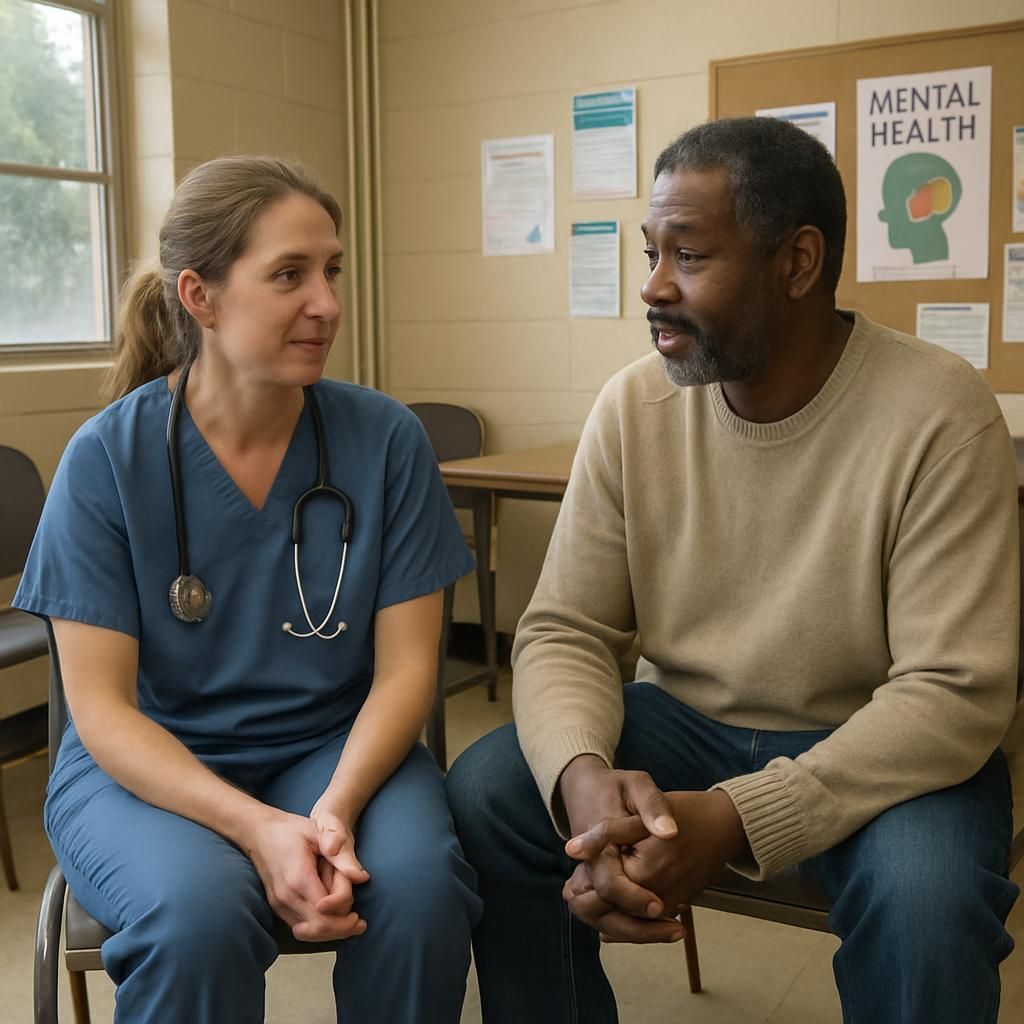
Community Engagement Presentations
Engaging presentations can teach important skills and raise awareness about mental health. These sessions empower communities to address challenges together.
Family Psychoeducation
Contact Us About PresentationsFamily Psychoeducation helps families understand mental health. CNS Healthcare offers training to teach this. These sessions show how to support loved ones and handle challenges together.
Families also learn about coping tools, treatment options, and clear communication.
This effort builds stronger family bonds and promotes better care at home. It empowers you with knowledge to face mental health issues effectively. Community partnerships make these resources more accessible in Michigan, addressing community needs directly.
Mental Health First Aid
Contact Us About PresentationsMental Health First Aid teaches you how to help someone facing a mental health issue. This program boosts your knowledge and gives you useful skills.
You learn to spot signs of mental health problems and respond with care. The goal is to create stronger communities by improving support systems. Community leaders, public meetings, or local governments can use this training for better healthcare programs.
Time and Stress Management
Contact Us About PresentationsManaging time and stress helps improve your daily life. CNS Healthcare offers a presentation to teach skills for better control over both. You learn how to set clear goals, prioritize tasks, and reduce daily pressure.
Simple strategies can make big changes. Break work into smaller steps or take short breaks during the day. These methods help balance your schedule while boosting mental health and community well-being.
Mental Health 101
Contact Us About PresentationsMental Health 101 helps you understand the basics of mental health. You learn about common conditions like anxiety, depression, and PTSD. It also explains warning signs to watch for in yourself or others.
This knowledge can prepare you to respond better during tough situations.
Community programs often include basic mental health training. Courses like this teach skills for recognizing issues early and getting help when needed. They also promote conversations that reduce stigma around seeking care.
By building awareness, communities improve support systems for everyone involved.
Suicide Prevention; ASIST, SafeTalk
Contact Us About PresentationsSafeTALK is a four-hour program. It helps you notice and respond to suicide risks. Over 120,000 people take this training each year. This makes it one of the fastest-growing programs in the world.
ASIST, which stands for Applied Suicide Intervention Skills Training, offers more in-depth training over two days.
Both programs teach life-saving skills for everyday situations. These tools help build stronger communities by preparing you to act when someone needs support most.
Total Wellness/The Mind-Body Connection18
Contact Us About PresentationsCNS Healthcare offers a program called "Total Wellness/The Mind-Body Connection." This program focuses on how mental and physical health work together. It highlights the connection between your mind and body to improve well-being.
You can discover ways to reduce stress, practice mindfulness, and encourage healthy habits. These strategies support improved mental health in communities. Understanding this connection helps foster stronger community engagement around mental wellness topics in Michigan.
Community-based initiatives and partnerships
Contact Us About PresentationsCommunity-based initiatives bring local groups together to address mental health care needs. These programs often include partnerships with schools, businesses, and civic organizations.
They focus on spreading awareness and offering resources like workshops or support groups. For example, food banks may collaborate with health services to provide stress management tools alongside meals.
These efforts help build long-term relationships between service providers and the community. By involving you in decision-making processes, they ensure that solutions match local needs.
Partnerships also improve access to services by pooling resources from multiple organizations. This strengthens public trust while promoting sustainable development in Michigan communities.
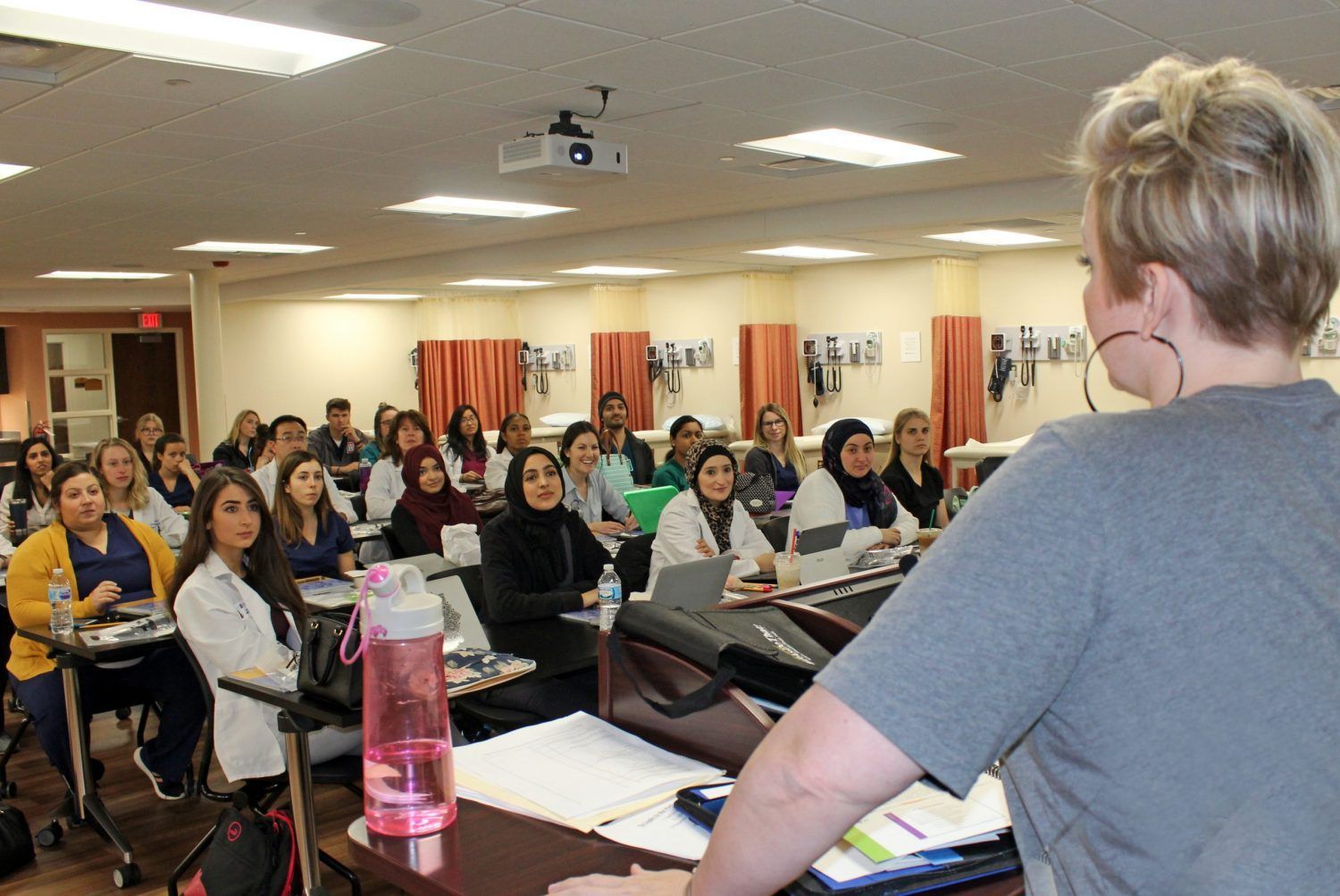
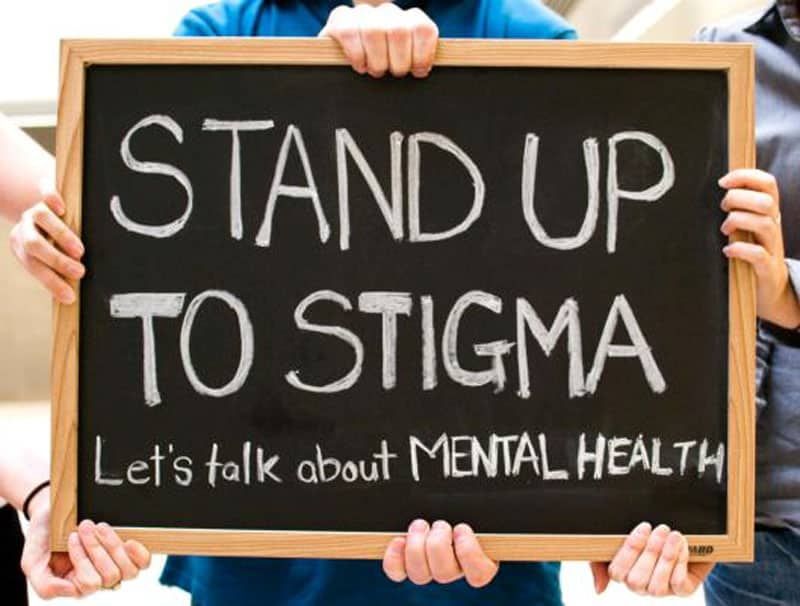
The Anti Stigma Program
CNS Healthcare’s award-winning, nationally recognized Anti-Stigma Program celebrates the many contributions and recovery journeys of individuals living with mental health challenges.
Through various forms of expression such as poetry, music, and personal testimonies, the Anti-Stigma Team delivers a powerful message: 'hope and recovery are possible.' The program emphasizes treating the whole person—both body and mind—and has impacted lives across the United States.
Documented through compelling case studies, the program continues to inspire communities and reduce stigma nationwide.
Community Partnerships
At CNS Healthcare, we believe the importance of community engagement is central to promoting mental health and reducing stigma. By partnering with local organizations, businesses, and schools, we’re committed to building community through education, outreach, and support.
We offer a range of community services—from assisting with crisis planning and consulting on trauma-informed environments to hosting informational tables at public events—because community engagement matters.
If you're interested in scheduling a presentation or learning more about how we can support your organization, please email:
communityoutreach@cnshealthcare.org.
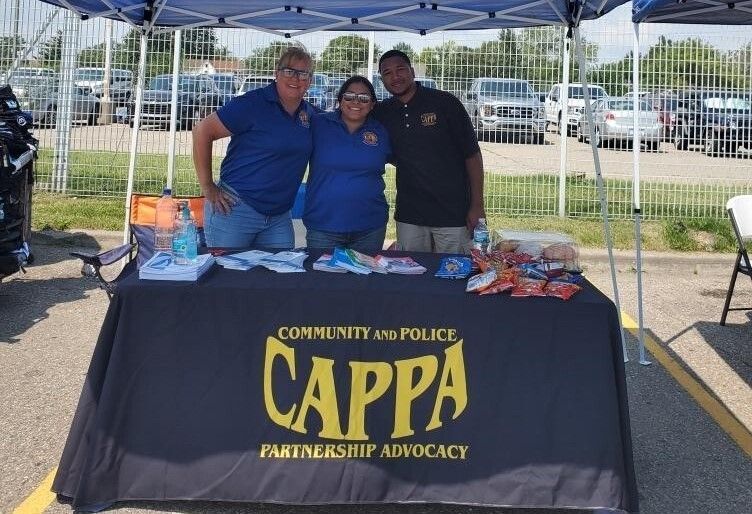
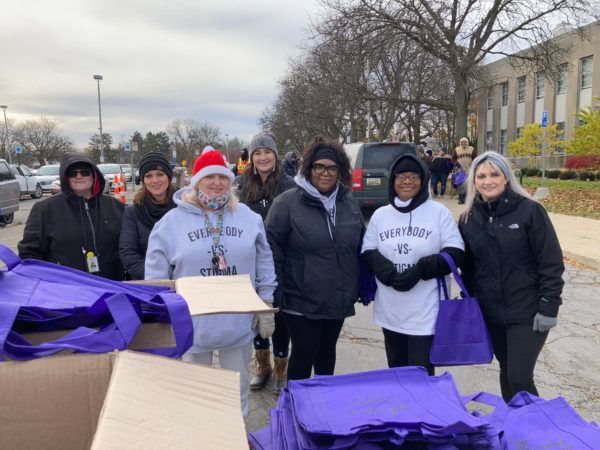
Community Events
CNS Healthcare is present at many community events, including health fairs, family events, city events, Pride events, and more. If you’d like to invite CNS Healthcare to an upcoming event, get in touch.
FAQs
1. What is community engagement?
Community engagement involves building relationships, fostering citizen participation, and working with community groups to address issues and create positive change.
2. Why is community engagement important?
It strengthens social capital, supports economic development, improves public health outcomes like maternal and child health, and empowers communities to solve problems together by promoting collaboration and best practices.
3. What are examples of community engagement activities?
Examples include town hall meetings, focus groups, service delivery programs, organizing a community garden, or hosting events that bring people together for shared goals.
4. How do policymakers use community engagement?
Policymakers rely on local knowledge and civic engagement from engaged communities to develop action plans and public policies that reflect the needs of the population.
5. Who benefits from a strong focus on community involvement?
Engaged communities benefit everyone—citizens gain empowerment; government organizations improve decision-making processes; businesses see better economic opportunities; young people learn leadership skills; and community partners collaborate to drive meaningful social change.
6. How can long-term relationships impact community development?
Building long-term relationships fosters trust between stakeholders like human services organizations or political leaders, supporting community building and ensuring sustainable solutions for similar situations in the future.
Program Support
As a non-profit organization, CNS Healthcare’s community outreach program depends on the generosity of partners, like you. Your tax-deductible donations will aid in completing CNS Healthcare’s mission and goals, and will be greatly appreciated. Please make all checks payable to CNS Healthcare Anti-Stigma Program, and forward checks to 24230 Karim, Boulevard Suite 100, Novi, MI 48375.
Are you looking for more information about connecting with us about community engagement?
Are you looking for more information about donating directly to CNS Healthcare?

